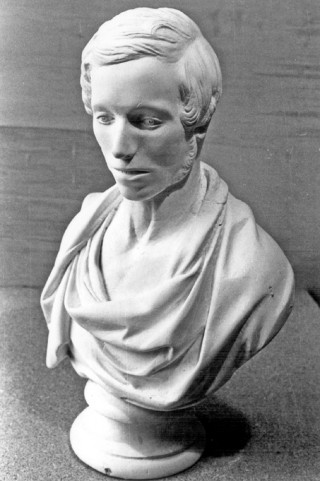Who was Samuel Holberry?
The meaning of Broomhall street names
by Laura Stanley
Samuel Holberry has proven to be a very important historical figure in Sheffield and the fact that one can still find his name all over Sheffield, including in the Peace Gardens and in our very own Holberry Gardens in Broomhall, should come as little surprise, especially considering Broomhall’s history of activism.
Holberry was a Chartist activist who was involved in many peaceful protests to extend political rights to the masses and make politics in Britain a more democratic process. In 1839, Holberry, along with a group of other radicals, started to make plans for a Sheffield Uprising. However, the group was betrayed by James Allen, a landlord from Rotherham and Holberry and his wife, amongst others, were arrested for conspiracy. Holberry admitted his crimes and was sent to Northallerton House of Correction.
According to David Price, whilst he was there he was badly and illegally treated and by the time he was moved to York Castle in September 1841, ‘he was suffering from consumption and went into a hospital ward but, in June 1842, he died.’[1] He was 27 years old.
‘On June 27 1842, Holberry was given a public funeral in Sheffield. Shops shut as a mark of respect or fear. Between 20,000 and 50,000 people lined the routes through the centre of town to the General Cemetery, where his grave still can be seen.’[2]
A poem entitled ‘Lines on the Death of Samuel Holberry’ encapsulates the general feeling towards Holberry after his passing:
‘The Brave, the poor-man, Patriot is dead,
His dauntless soul from earth to heaven has fled
The people now to heaven for vengence [sic] call,
To God, the Father and Friend of All’
Another line exalts him as ‘Thou embryo hero of the chartist van!’
It is clear from this, as well as his lasting legacy within the Sheffield area, that Samuel Holberry has been a figure of utmost importance in people’s lives. It seems fitting that his name should be remembered in Broomhall when the area has always been very associated with activism, from as early as 1791, when rioters led the way to Broom Hall to fight a law they felt was unjust.
Though Holberry’s story may have been forgotten, his name lives on.
[1] David Price, Sheffield Troublemakers Sheffield Troublemakers: Rebels and Radicals in Sheffield History (Chichester: Phillimore and Co. Ltd, 2008) p46
[2] Ibid., p46










No Comments
Add a comment about this page